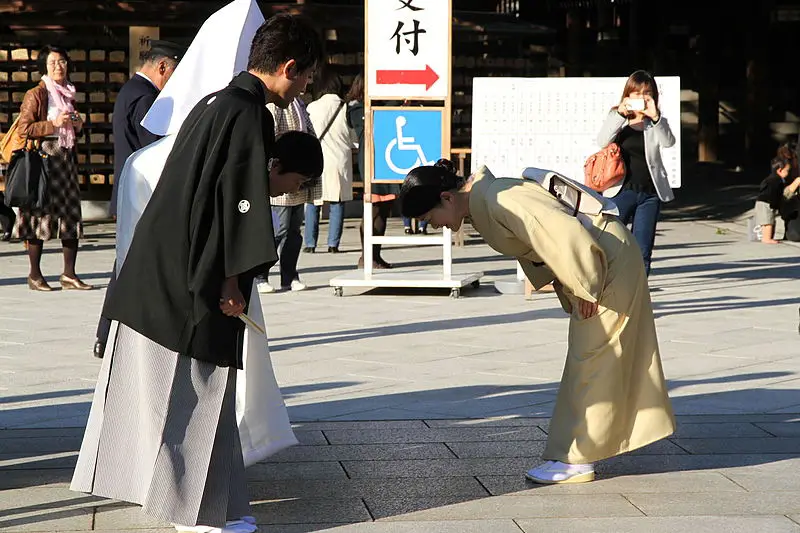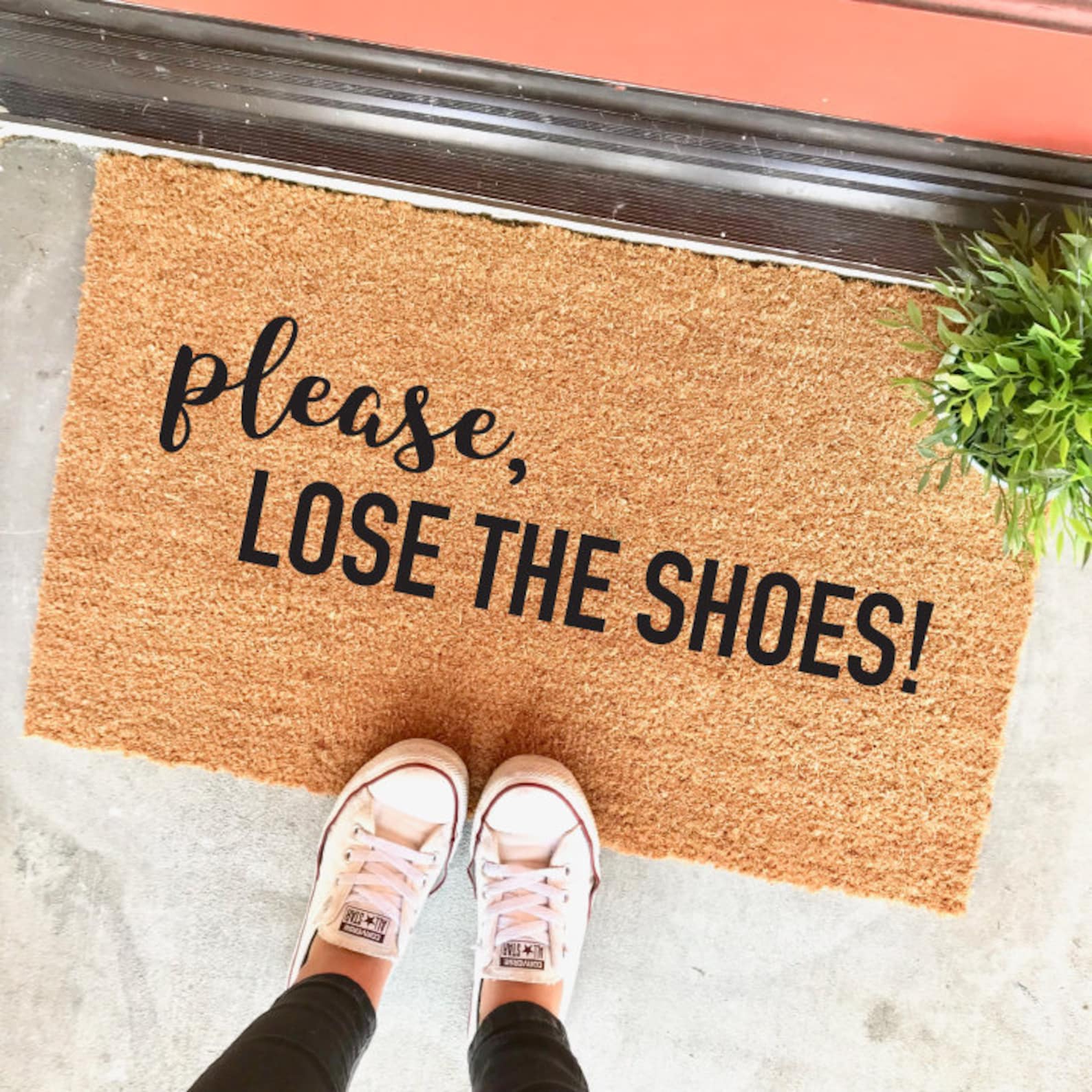South Korea’s Cultural Blog
Have you planned and dreamed of a trip to South Korea? Here are some of their cultures that can help you to interact with them properly.

Korean culture includes all of its history, customs, traditions, and beliefs and is one of the world's oldest continuously existing cultures. Since 1945 when Korea was divided into North and South, there have been cultural and traditional variations that change somewhat with each generation. However, there are Korean Cultures that are practiced until today's generation such as;
In hierarchical culture, in Korea, it is not strange when someone you just met asks how old you are since they want to make sure that they are using appropriate manners when interacting with you. Furthermore, it shows what someone should call you if it is Sunbae, unnie, hyung, oppa, and sajangnim that is used to show respect, this is due to the fact that age, along with gender, social and economic standing, is an important element in defining social and professional contacts in Korea. However, in other countries, it is considered rude when you ask about their age because it is often associated with ageism and discrimination that can lead to misunderstanding.
Bowing as a gesture of respect, bowing serves as a sign of respect to older members of families/people in Korea. In most cases, a fast, brief bow of around 15 degrees or a nod of the head is enough to show respect and to be formal. It is commonly used in greeting other people and is also shown in Korean TV shows and awarding to idols where they bow their heads to thank and greet their fans which is a nice way to show their respect to the fans. However, in other countries bowing or kneeling in front of someone is either seen as weird or as a very awkward thing to do.
Shoes off is commonly practiced in South Korean culture or even Asian culture which is removing shoes before entering the door. Koreans practice this to show respect for their property and are considered polite in someone's home because of removing your shoes. As Asian people, we used to sleep, eat, and do activities on the floor which is why we take our shoes off when entering a house to keep the floor clean since it is not hygienic after walking down the streets. However, in other countries, it is not customary to remove shoes before entering the house.
These cultures originated back to the time Confucianism entered Korea and influenced this country up until now. Confucianism emphasizes the duties of people towards each other. Additionally, many Confucianism values including honor and respect are still seen in a lot of Korean customs today which is why I'm amazed about Koreans since they preserved and don't forget the value they have been taught.
As a Filipino citizen and Asian, getting across to their culture made me curious to know more about their traditions, beliefs, and culture. I could say that browsing their cultural information made me realize that we Filipinos have slight similarities in Korean culture. Furthermore, studying and learning about Korean culture helps me appreciate my own Filipino culture and deepens my respect for other people who came from different backgrounds.
Each country has its own distinct culture and values, which are molded by elements such as history, geography, beliefs, and other factors to consider. These cultural differences can be seen in the way people interact with each other, their customs, traditions, and their beliefs about what is right and wrong. However, there is nothing wrong with having different beliefs; what is wrong is not considering the culture in which they live.


Comments
Post a Comment